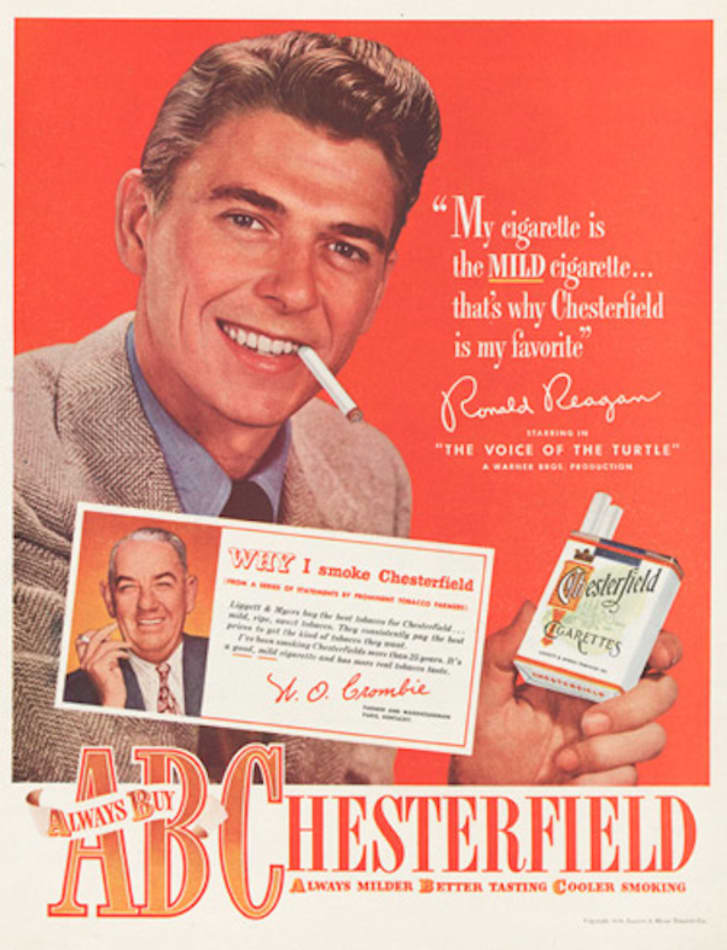On the other side of the newspaper from the Sunday football games, I’ve been getting vaguely irritated for a couple months now by this ad where actor Matt Damon tries to convince us that we’re history’s lamest cowards if we don’t invest our money in cryptocurrency. Alternatively, if we do invest in cryptocurrency, we are like Sir Edmund Hillary, the Wright Brothers and the Apollo 11 astronauts! Have you seen this?
Finally, when I thought directly about the ad, I found that it and Damon had already been well and thoroughly roasted over it (though the commercial runs on, almost on a loop).
The essence of the beating Damon takes is: Who is this rich actor to tell you and me about any of the things he’s talking about: cryptocurrency, financial prudence or human courage? As far as we’re concerned, this guy has had it easy since we first met him in his twenties, all he’s done beyond starring in blockbuster films, is spout political attitudes so smug, he has managed to annoy just about everybody.
But then, who are any celebrity spokespeople to tell us about anything, really?
And then I struck the nerve of my ire: My late adman dad, who once hired a famous actor to help convince people that Firestone’s 721 tire was a safe, quality product. It was in the late 1970s, and Firestone had just recalled 14.5 million steel-belted radial tires.
They had a credibility problem, and Tom Murray, the creative director at their advertising firm, had a creativity solution: Jimmy Stewart, then an actor beloved and culturally trusted in ways that only perhaps a Tom Hanks could approach these days.
Except, Jimmy Stewart had never done a commercial before—had turned down all the cigarette ads and all the other shitty endorsements that people like Ronald Reagan and John Wayne had made part of their living on for years.

Maybe that’s one reason Stewart had such credibility; another was, surely, that he joined the army during WWII at the height of his acting career, and flew many missions over Germany as the pilot of a B-24 Liberator bomber.
I don’t know how my dad talked Stewart into coming to Akron, Ohio, and talking to the corporate managers and engineers and watching the tires be manufactured. But he did, and Stewart agreed to do the commercial.
Stewart also supervised the writing of the commercials, sharing with my dad a keen understanding of how his particular brand of credibility would best be use: Not to tell people about the science of tire manufacturing, or to discuss tire safety specifically. But to connect Firestone’s long track record with 20th century history and integrity itself. Here were the commercials they did.
Does it seem quaint to sell tires today based on a dead company founder’s supposed attitudes about quality in “nineteen six”? Yes, but that’s partly because we live in the United States of Alzheimer’s, and companies refuse to draw on their heritage, because their leaders don’t want to be accountable to old-fashioned values.
But in 1970, people who saw that commercial realized that the great Jimmy Stewart, who they knew or at least sensed hadn’t hawked anything in a 50-year-career including himself, was symbolically vouching for this product by vouching for the American institution that manufactured it, and its founder, somewhat magically, named Harvey. And people thought: That had to mean something.
Now, could Tom Hanks trade on his credibility to sell cryptocurrency? I think the point is, he wouldn’t—because he would understand (I think) why he’s liked and trusted: Mostly, because he doesn’t talk jive about things he doesn’t know a durn thing about.
Besides, he’s more into typewriters.
David:
As a former copywriter I LOVE that story about your dad and Jimmy Stewart, who I now respect even more than ever. Thanks for sharing! BTW, the Damon commercial drives me crazy too!
Thanks, Karen; I wrote a wee memoir called “Raised By Madmen” a few years ago, about both my parents’ adventures in advertising—my mother’s as a copywriter in the 1960s, and my dad’s career from the 1950s through about 1980. Helped me understand how their years in advertising formed my own philosophy of communication. Sounds like your advertising experience had an influence on you, too.